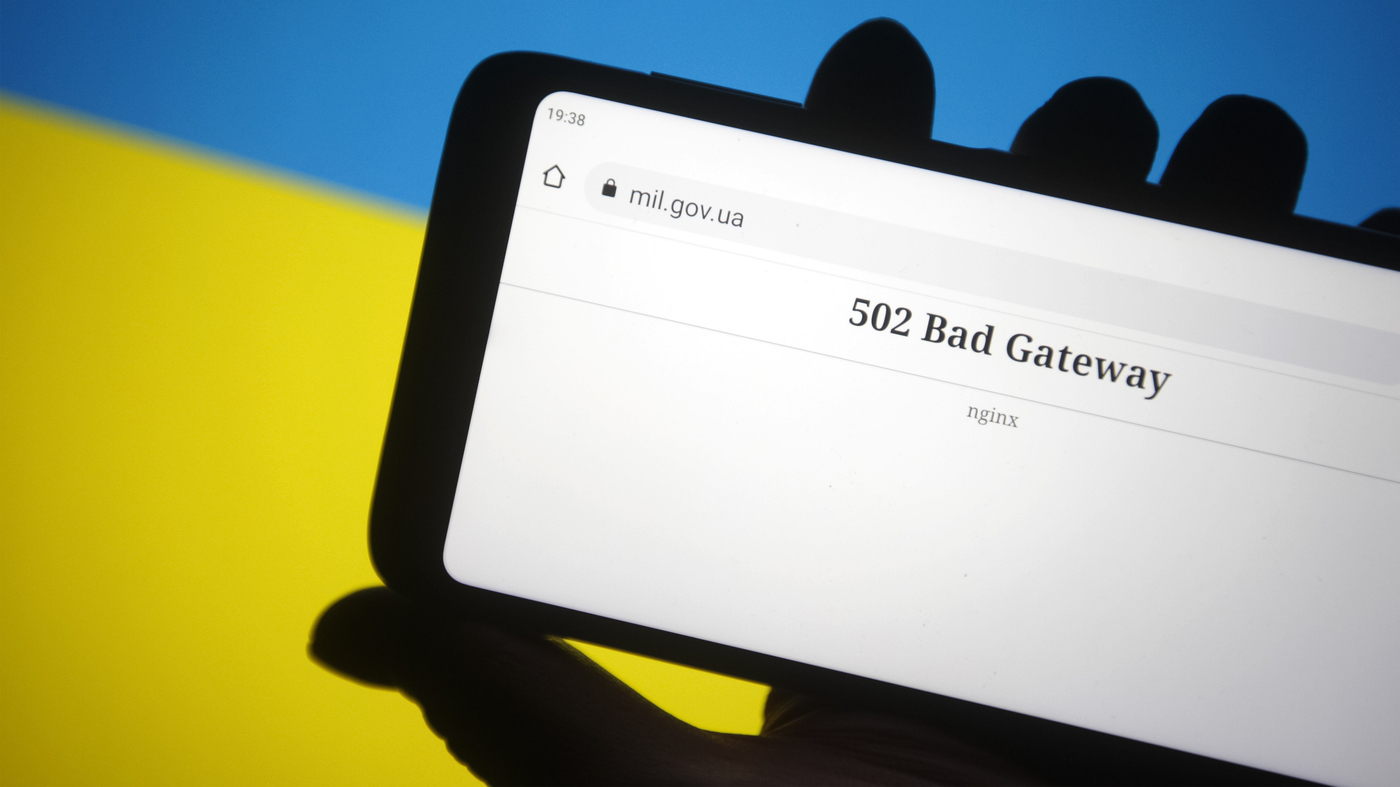A non-conventional career journey into IT security
Demand for people with technology skills is increasing, but the talent pool is not growing fast enough, according to Harvey Nash, with 70% of organisations struggling to keep up with the pace of change due to a skills shortage.
For years, successive governments have tried to focus schooling around science, technology, engineering and mathematics (STEM), but these policies have not had a major impact on addressing the dire shortage of IT people, who are essential if organisations want to develop thriving digital businesses.
There are numerous ways people can enter a career in IT. While graduate intake is key for some organisations, Harvey Nash believes IT leaders should also consider less traditional mechanisms, such as apprenticeships. Programmes specifically geared to attracting more diverse talent are gaining huge traction.
A different approach
Cyber security specialist Junade Ali is someone whose career came about throught a non-traditional approach.
In June 2023, Ali was elected as a Fellow of the Institution of Engineering and Technology (IET). At the age of 27, he is believed to be the youngest person ever to gain this prestigious IET membership level. Although he left school with no formal qualifications, Ali recently completed a PhD.
His many contributions to IT security include developing cyber security techniques that have been adopted in products built by Apple and Google, and developing software to help de-escalate cyber warfare situations. Computer Weekly has previously spoken to Ali about his research into burnout among software engineers.
Discussing his schooling and early career, Ali describes it as “a non-conventional journey”. While many would assume a STEM background, Ali dropped out of school for personal reasons and eventually began working in software development and worked his way up to running a web development department at a large digital agency. He then started developing software for high-reliability systems.
By the time he was 17, Ali managed to get onto a master’s programme while working for a major US cyber security firm. He graduated with a distinction grade. When he then decided to study for a doctorate, he found himself in the…


